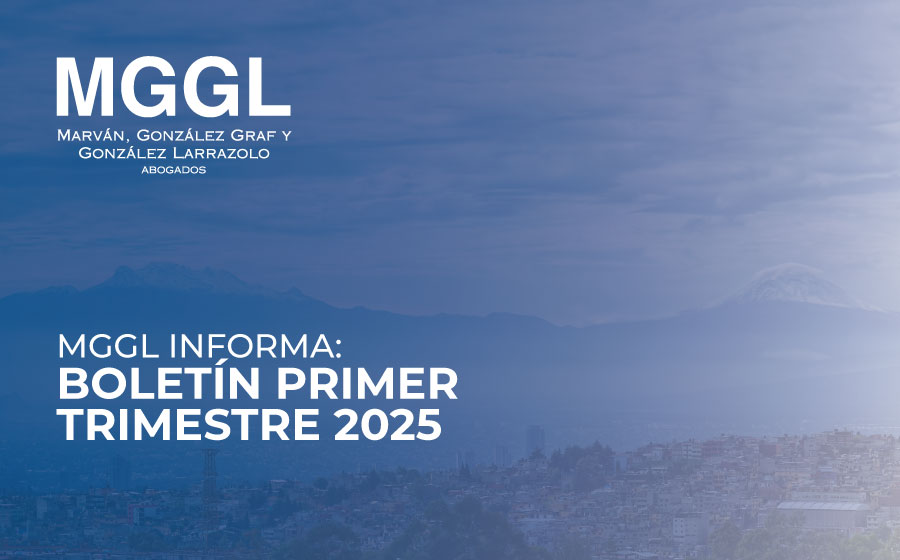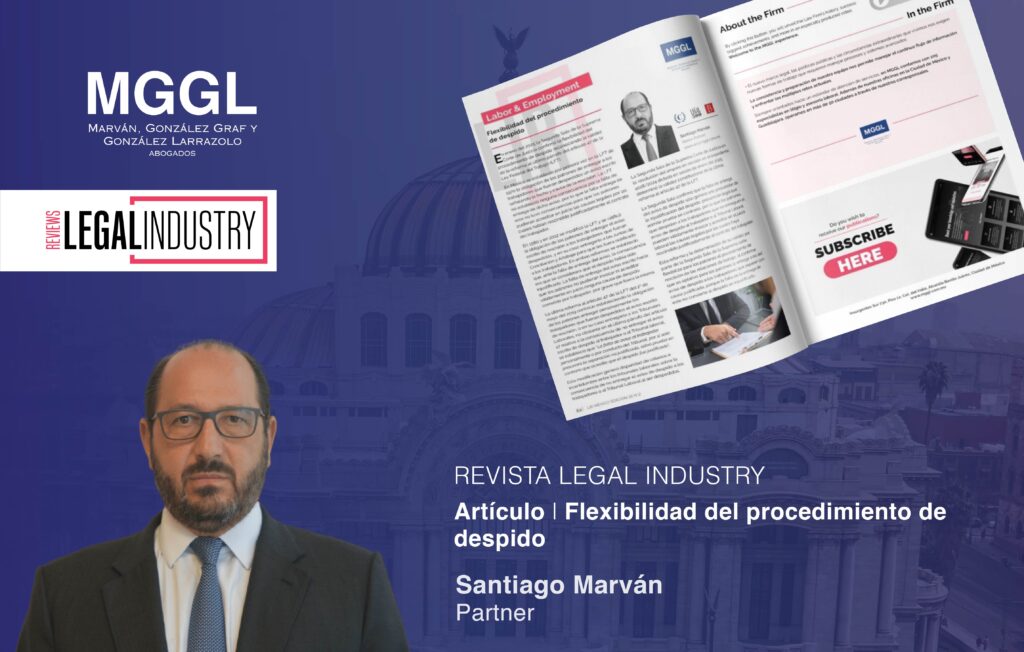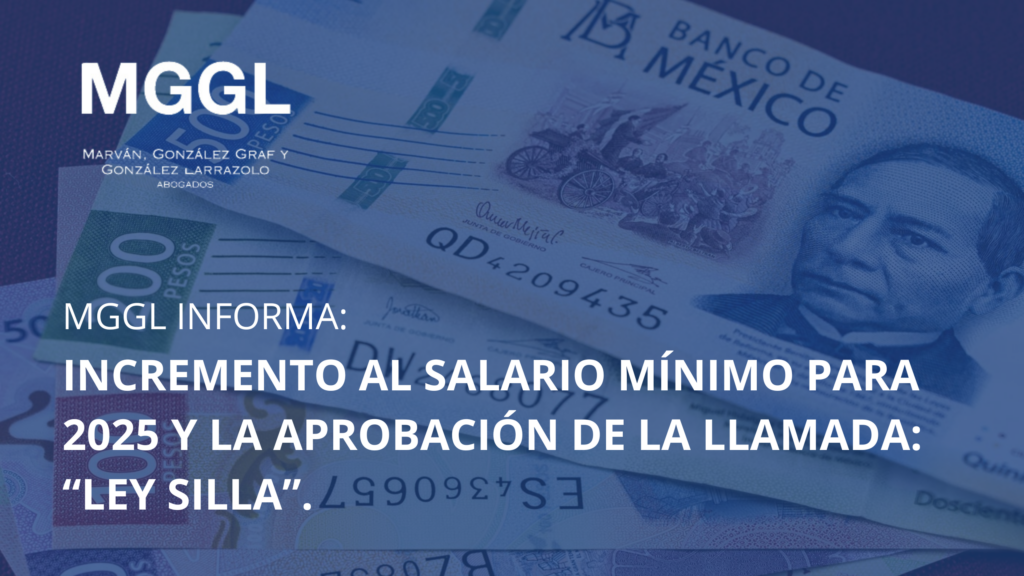As a result of the May 2019 Labour Law Reform, the new model was implemented in each of the country's states in stages, facing delays mainly due to budgetary problems and the challenges of coordination between the state and federal levels. On 3 October 2022, however, the third and final stage of its implementation was completed. As of that date, the authorities that will attend new labour disputes in all federal entities of the Republic will be the Conciliation and Registration Centres and the Labour Courts.
With this implementation, the Conciliation and Arbitration Boards have ceased to see claims and any other requests related to new procedures, including out-of-court settlements, being in charge only of the processing and resolution of lawsuits that were previously filed before this authority.
As we have previously reported, the new procedure implies a mandatory pre-judicial conciliation before the Conciliation Centres as a condition for filing a lawsuit before the Labour Courts, except for those alleging discrimination or pregnancy, among others exceptions provided in the Law. The appearance of the employer is also compulsory, and the authority can impose fines in case of failure to appear, so we envisage that conciliation will play an important role in dispute resolution.
Contrary to the procedure followed before the Conciliation and Arbitration Boards, the stages of the new procedure are in writing, with the exception of the preliminary and trial hearings.
The procedure before the Labour Courts implies new challenges for the defence of the cases, as the new regulations impact procedural terms and the burden of proof for the parties. This will also be reflected in new forms of administration of the employment relationship, from its inception to its termination.
Notwithstanding the challenges that a transformation of this scale implies, this change has generated the expectation of having greater legal certainty and shorter times in the resolution of conflicts, which, in the experience of the first two stages, have been resolved within the procedural terms established by law. In the states where the new procedure was previously initiated, disputes have been resolved on average within a timespan of 6.1 months.
With this third stage, Mexico is closer to fulfilling its commitments under T-MEC, the free trade agreement between Canada, Mexico, and the United States. What remains pending in this regard is the deadline for the legitimisation of collective bargaining agreements, which, like the implementation of the new labour justice model, has faced operational challenges.
To read the full article, download the PDF here .



